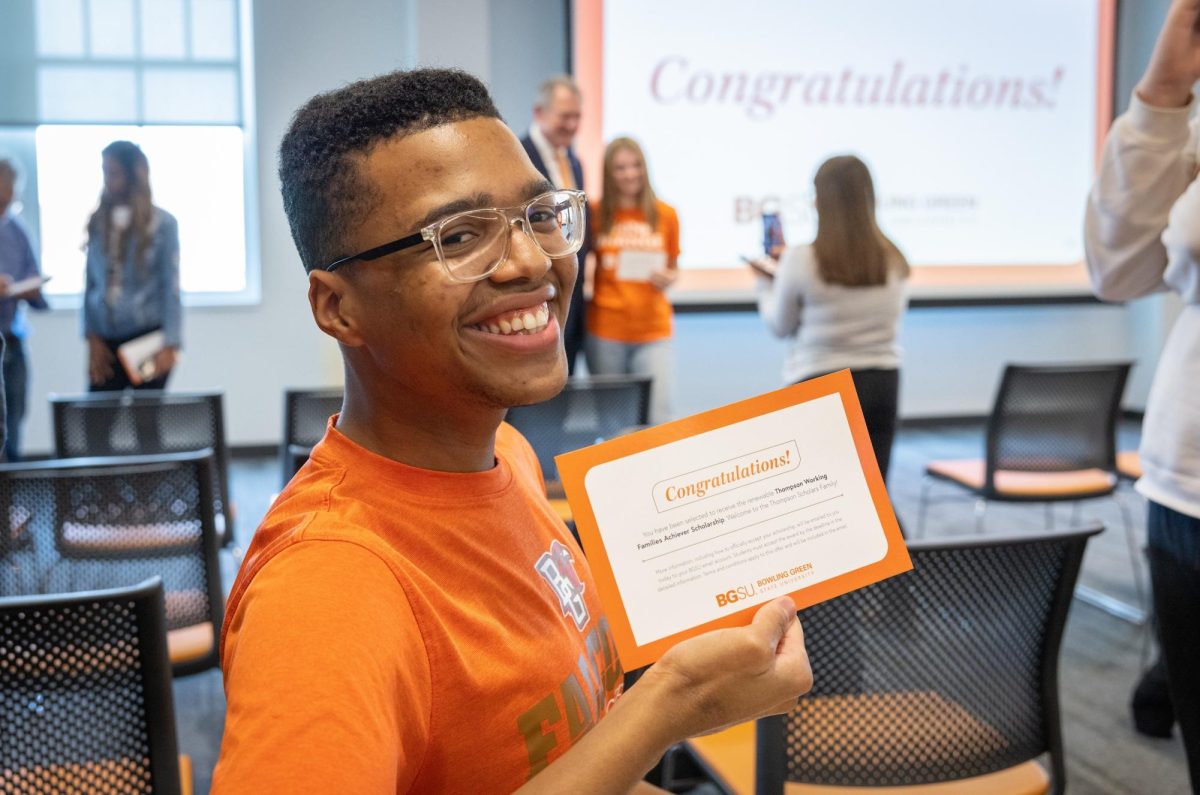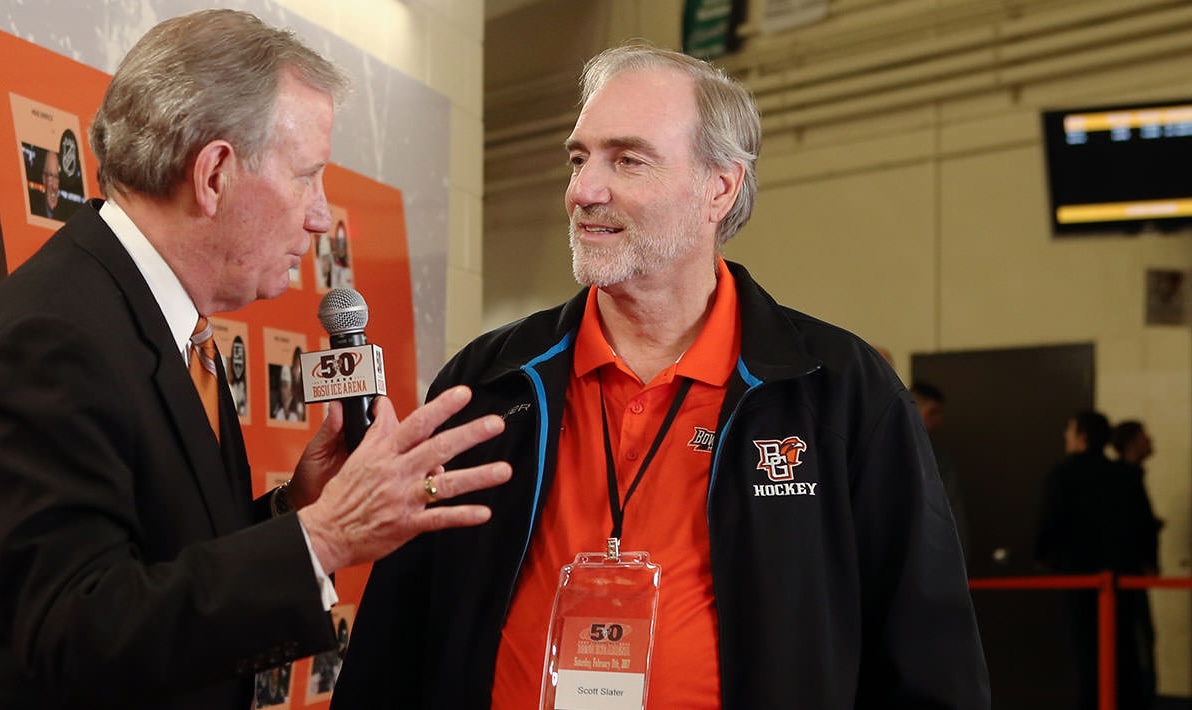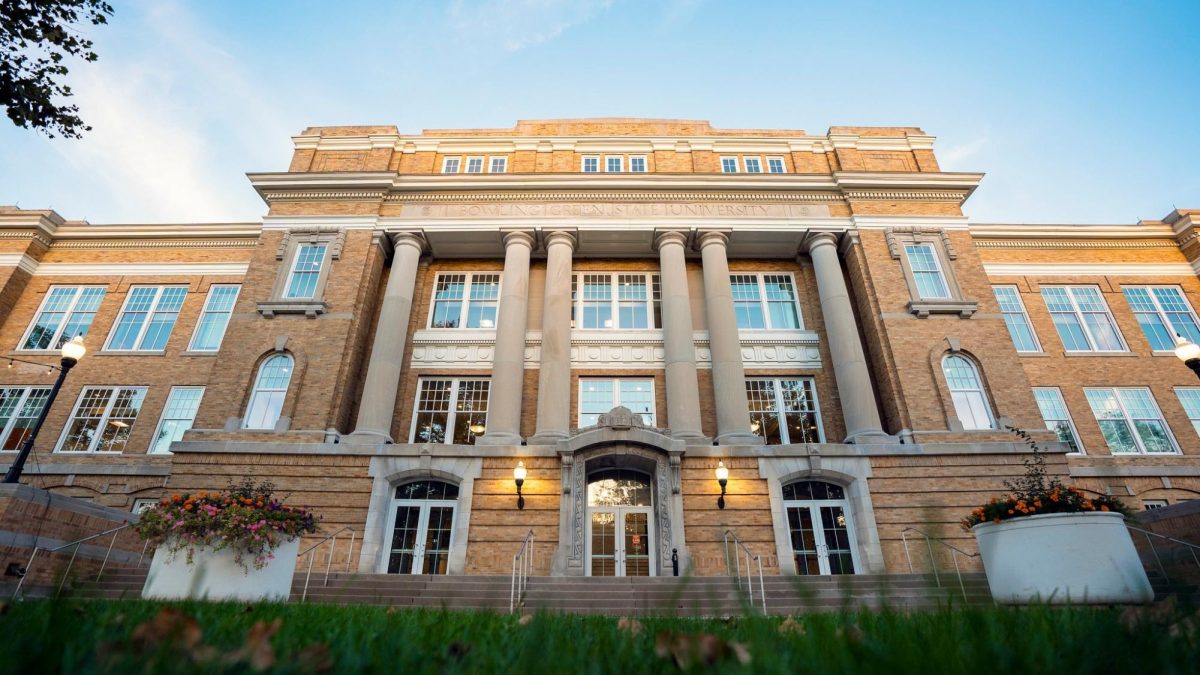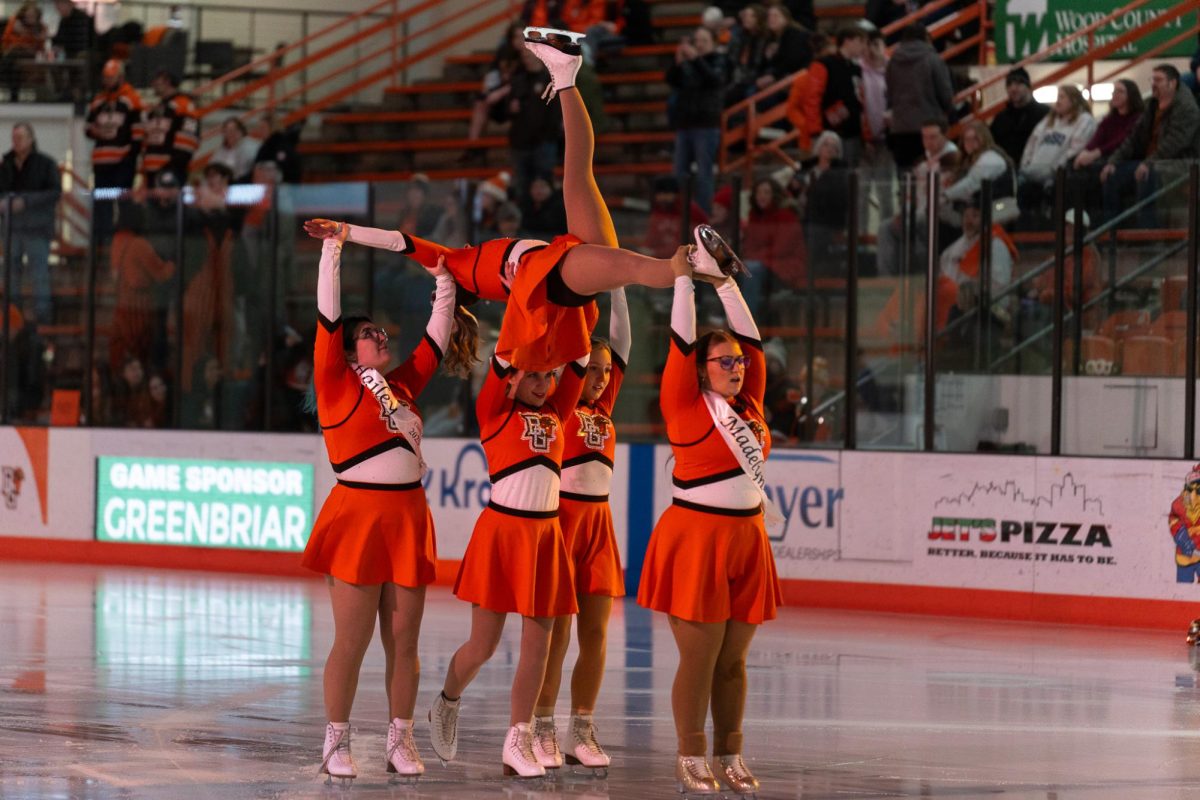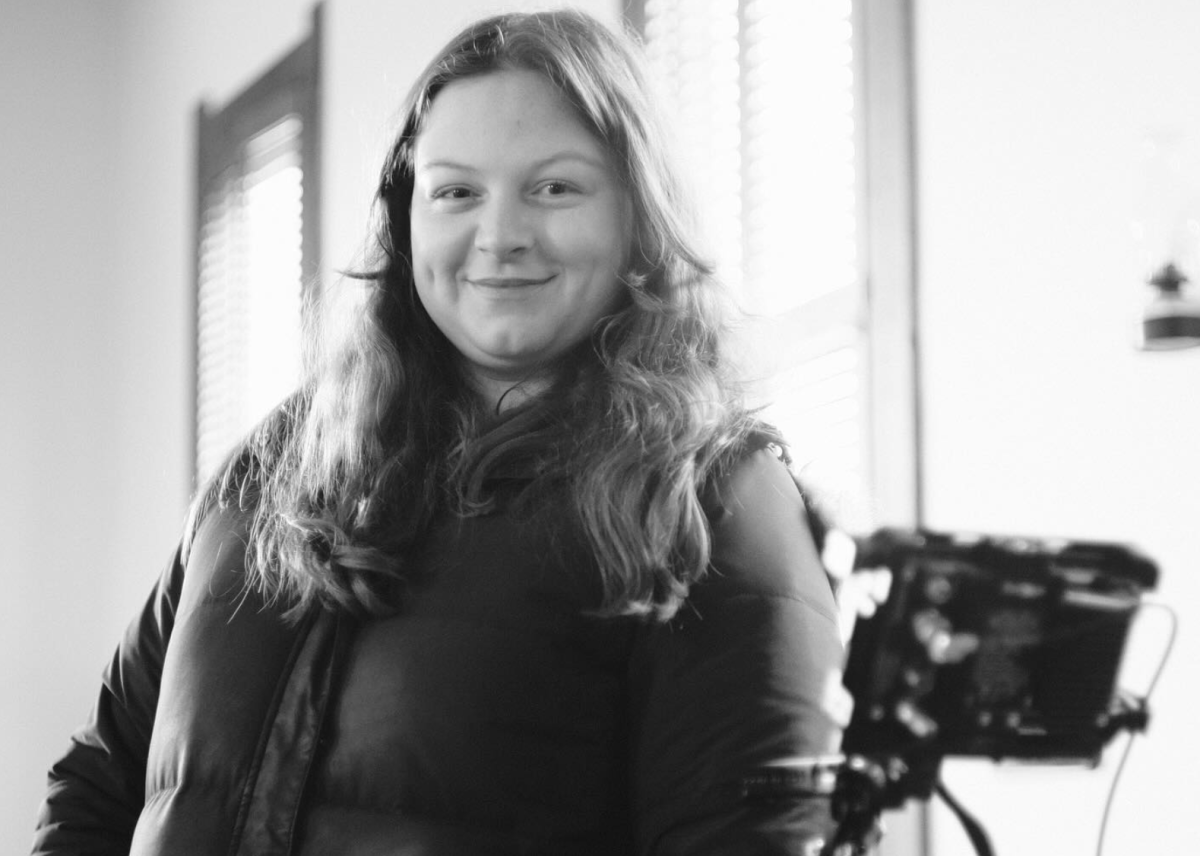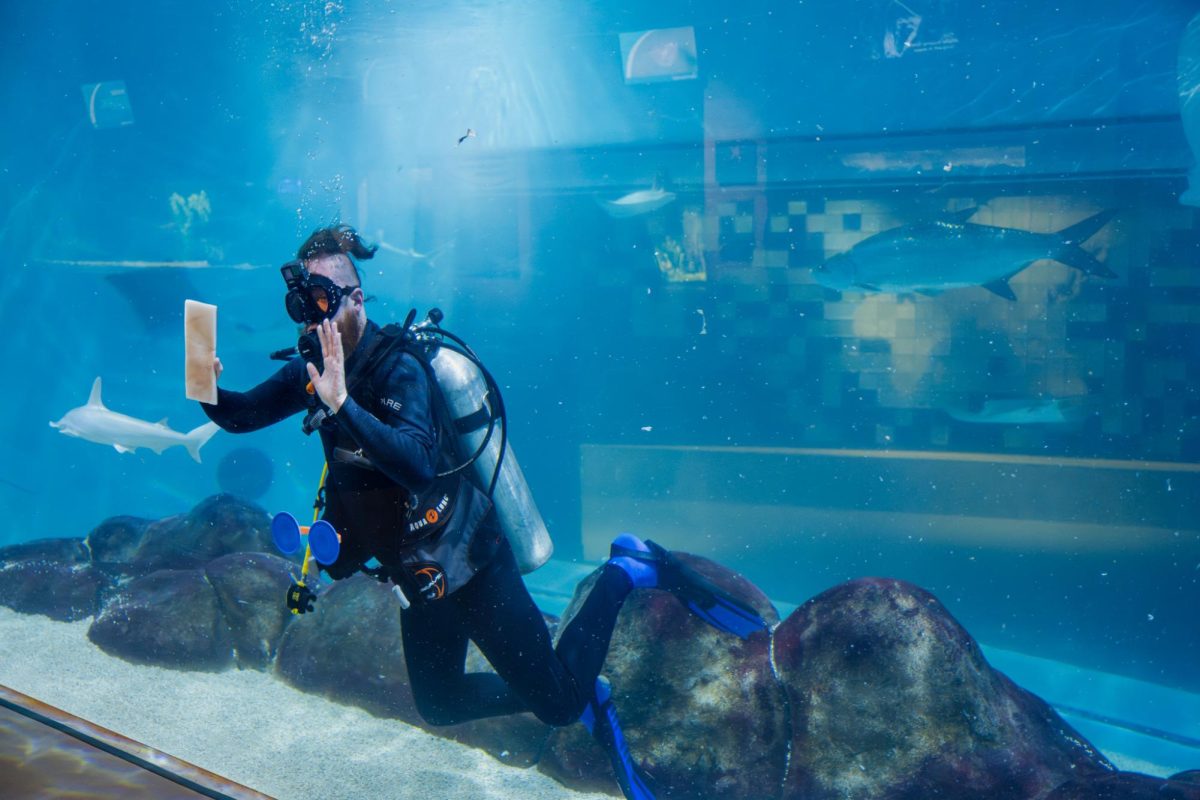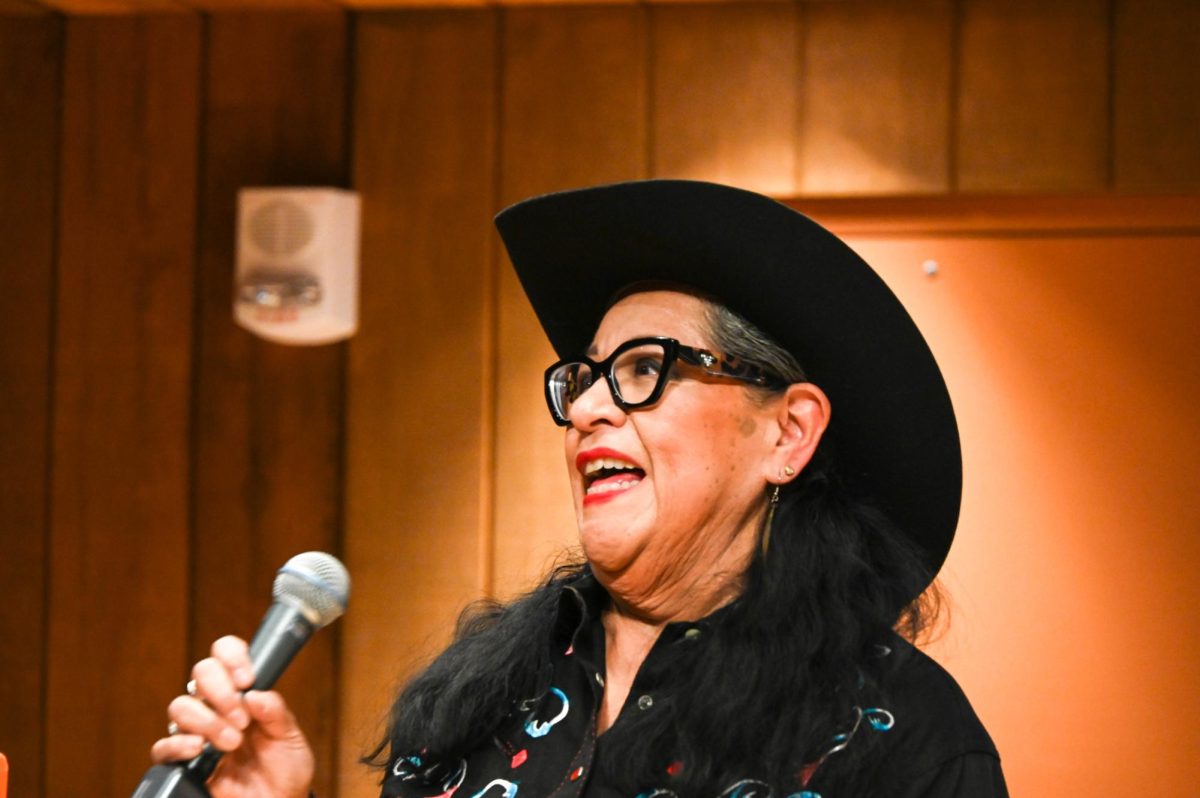Senior Meg Burrell served on the University’s Sexual Assault Task Force over the summer. The panel met over the course of three months and consisted of a mixture of students and faculty working together to increase awareness and prevention of sexual assault on campus.
Q. Why was this task force assembled?
A. Burrell: The task force was assembled because the University was noticing that there is a problem nationwide that BGSU is not exempt from and is taking action. It was not in response to a single incident. There are things coming out of the task force that we should be really proud of. There are a lot of things we are doing that our peers are not, and it really shows that we are trying to be proactive.
Q. Was it important to have a mixed panel of students and faculty?
A. So important. I wouldn’t have been a part of it if students couldn’t be a part of it. We were able to offer different perspectives and push for some different kinds of things. In the task force, we went to the meetings and there was nothing pushing what we wanted other than the safety of our fellow students.
Q. What things did students on the task force speak up for?
A. We spoke up for things that went above and beyond like having a male engagement coordinator and having training for students in key leadership positions which is something not all universities are doing. It makes sense if you’re a standards chair, a president of a sorority or fraternity, or leader of a sports team to have bystander training. And now it’ll happen.
Q. What is male engagement training?
A. Male engagement training is something that will come down to the implementation group which hasn’t been decided on yet. Essentially, it’s something to keep men involved. In a lot of organizations, it has always been women who hold the position for the standards chair, and it’s time to bring men in. We want to bring men to the table and into the conversation to make them more aware and involved in the prevention of assault.
Q. How were you chosen to be a part of the task force?
A. I was just coming off (working with) the Board of Trustees. I had some relationships there that were good, but I also serve as the standards chair for the Panhellenic Council group which definitely needed to be represented. I represent a wide area of students, and I also had good connections with other students and was able to find the other people who served on the task force with me.
Q. What is the ultimate goal of the task force?
A. The goal would be making sure that we are doing the best we can for our students and making sure that students are receiving support. I want to say the goal is to stop sexual assault in the long term. That’s the goal, but we’re realistic and unfortunately, it’s something that is effecting all college campuses right now. We want to make sure that we’re educating, helping people, supporting students and doing everything to the best of our ability. It’s something that the University can’t fail on. You can’t drop the ball on this.
Q. Going forward, what is your hope for this task force?
A. I hope that it will become a bigger part of change in our culture. The end goal is that people feel comfortable talking about what happened to them, that these things aren’t happening and that people are starting to stand up and say if something isn’t right or have the appropriate training to know what to do because it’s awkward. I’ve been the standards chair for a sorority and that’s hard if you don’t know for sure what to do. If a student is assaulted, heaven forbid, it will be handled appropriately and they can trust that the University will take care of them and will support them as a student. Students should have faith in this process.


